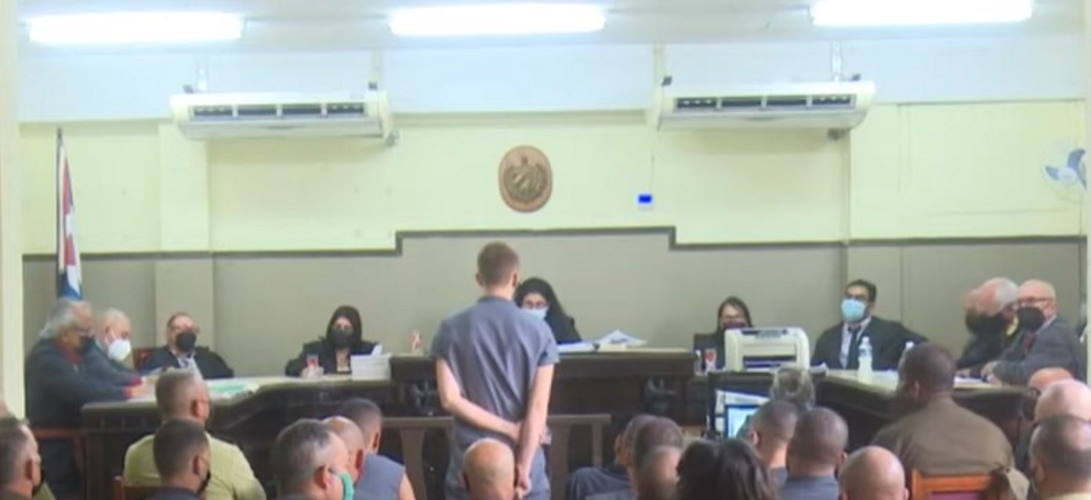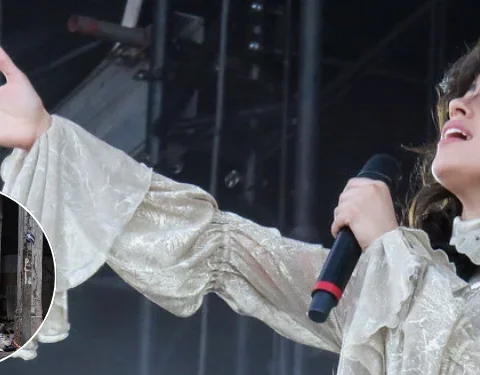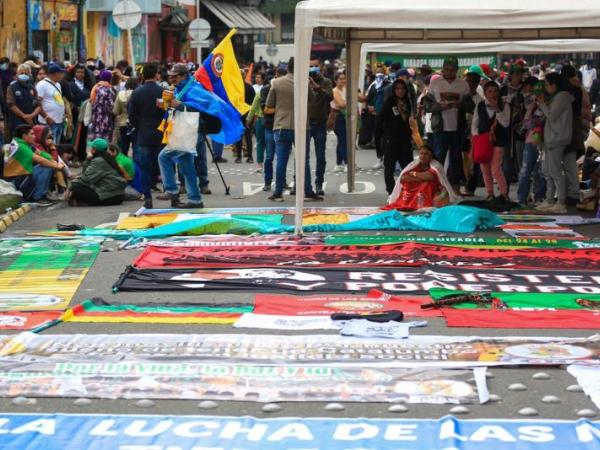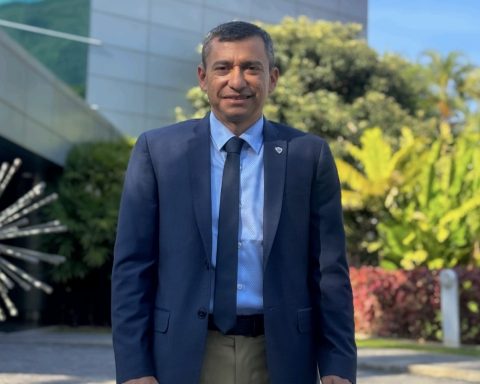LAS TUNAS, Cuba. — Now that some of the main events that have marked amnesty in Cuba in the last 67 years have been reviewed, it is convenient to explore, for the benefit of people who need this basic knowledge to exercise their rights, how to achieve the extinction of criminal responsibility through amnesty , which cannot be consummated by action of the judicial power, because, although not uniquely, as we will see when examining the right of petition, it is the power of the State through the executive power to exercise that request before the legislature, which is the only power State with the power to exonerate things judged in criminal cases.
By two legal impulses of the State, which are pardon and amnesty, it is possible to achieve the extinction of criminal responsibility. The pardon extinguishes the main sanction, never the accessory ones or the civil responsibility nor does it cancel the criminal record, unless it is definitive and so is expressed in the presidential decree that grants it.
In the case of amnesty, it does extinguish the main sanction and all the effects derived from it, although it may not exonerate civil liability (repair damages resulting from the criminal transgression), as it may also happen that someone sanctioned for several crimes must comply with the sanction of one of them because that transgression is not among those exonerated by the amnesty law.
Article 128 subsection u) of the Constitution says: “it corresponds to the President of the Republic: to grant pardons and to request the National Assembly of People’s Power to grant amnesties.” The Constitution itself, in article 108 subsection u), says: “it corresponds to the National Assembly of People’s Power to grant amnesties.”
Who grants amnesties in Cuba?
Is the President of the Republic the only one empowered to request the “granting of amnesties” to the National Assembly of People’s Power? No. The right to petition is universal and the complaint and the petition are constitutional rights. Already from our original Constitutionapproved in Guáimaro on April 10, 1869, the right to petition was protected, although the State has not always respected it, nor have citizens defended it.
The current Constitution, in its article 61, states: “People have the right to address complaints and petitions to the authorities, which are obliged to process them and give the timely, pertinent and fundamental responses within the term and according to the procedure established in the Constitution. law”, which, in no way, can be omitted or transgressive, since it would be unconstitutional, then legally appealable.
Having Article 61 of the Constitution as an authorizing precept, and without the need for any bill ——a duly substantiated written request is sufficient—, any person may exercise the right to request an amnesty law before the National Assembly of People’s Power. . In use of this constitutional right, this request can be made by a single person or by a group of people who, although they may well be relatives or friends of those sanctioned or subject to criminal proceedings, do not necessarily have to have emotional or blood ties or be members of organizations. policies, religious creeds or other brotherhoods or guilds. It does not matter if they are pro-government supporters or protesters, it is enough that the petitioner or petitioners are moved by a noble, human feeling: that of obtaining the freedom of imprisoned persons who, without having committed crimes for criminal profit.
Thus, requesting the promulgation of an amnesty law, because in its essence there is no other way to ask for it, someone will ask… Will a National Assembly controlled by the Communist Party, “superior leading political force of society and the State” grant amnesty? This question has a hypothetical answer, because it is history that induces us to doubt.
Within the Cuban national territory, an inmate has not set foot out of jail, free by an amnesty, since May 15, 1955, when, pardoned by the Congress of the Republic and thanks to the ruler Fulgencio Batista, the then inmates Fidel and Raúl Castro and others assailants of the Moncada barracks They left the Isla de Pinos prison. Will something similar happen with the demonstrators of 11 J and with all the prisoners who for reasons of conscience and of a political nature are today in Cuban jails? There is only one way to find out: by promoting an amnesty before the government body with the power to legislate and pass that law. That the lack of freedom of those who should never have gone to jail is not a consequence of a lack of civility, but of the inexcusable closedness of those who claim to represent the people. Promote amnesty!
OPINION ARTICLE
The opinions expressed in this article are the sole responsibility of the issuer and do not necessarily represent the opinion of CubaNet.
Receive information from CubaNet on your cell phone through WhatsApp. Send us a message with the word “CUBA” on the phone +1 (786) 316-2072, You can also subscribe to our electronic newsletter by giving click here.

















